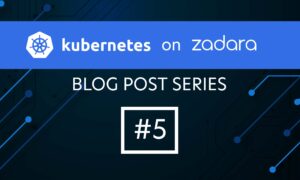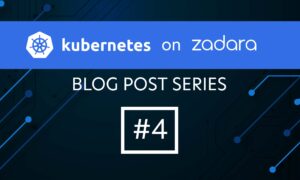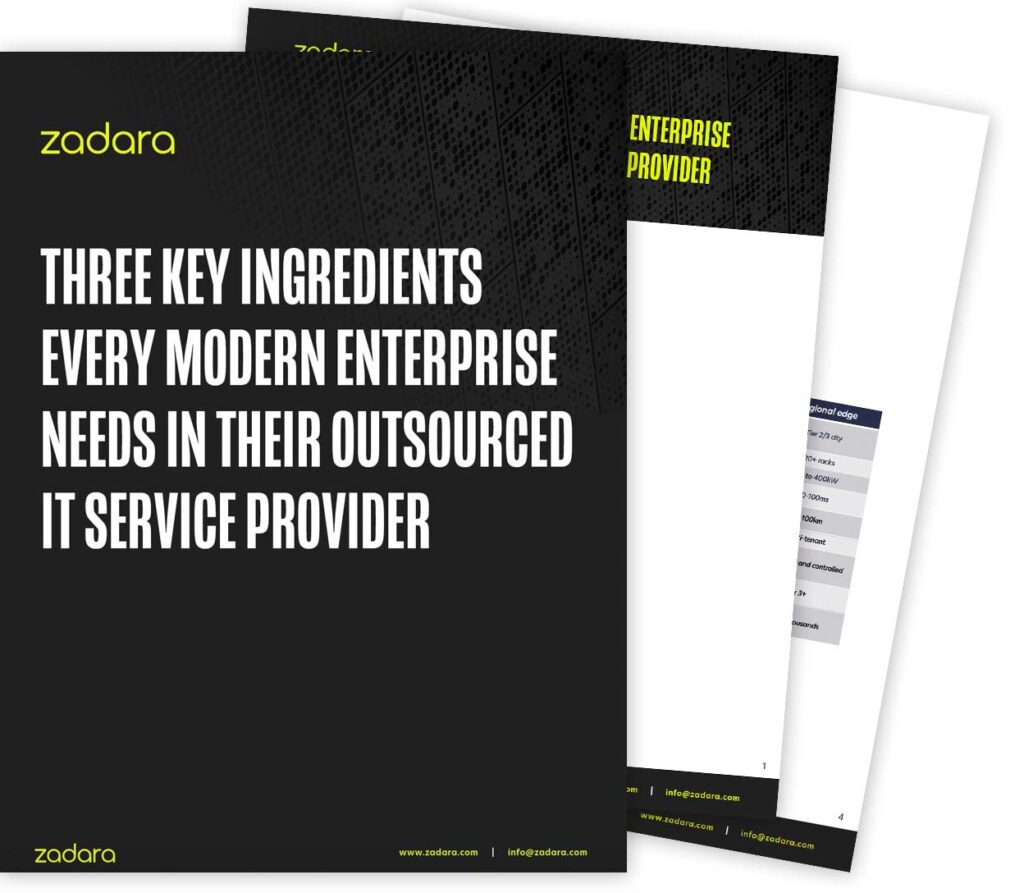Common NAS protocols, such as NFS and CIFS, are not natively supported in most public clouds, as cloud computing environments are generally built on object-based storage. The few implementations of file storage tend to be severely limited. Enterprises looking into moving workloads into AWS or other cloud providers find that business applications that require NFS and CIFS protocols are required to use 3rd party solutions to achieve this.
The problem with these solutions is that they simply go around the problem, rather than solve it, either by requiring a gateway (which suffer from Internet latency, and require large, expensive local caches to attempt to mask that latency) or complicated software stacks that require complex installation and management, additional licenses and/or compute instances, and which deliver inconsistent performance because the underlying resources are shared.
The truth is, most NAS storage options in the cloud today require users to compromise on performance, security, availability, ease of use and even scalability! Whether ‘noisy neighbors,’ limited volume size, or lack of shared volumes – storage in the cloud simply does not meet enterprise needs.
Native NAS in the cloud with all the bells and whistles
Actually, all this compromised storage is exactly the reason why we established Zadara Storage three years ago – we think customers deserve it all: high performance and cloud flexibility, rich enterprise features and public cloud prices. Customers should not (and in most cases simply cannot afford to) compromise their storage.
If you are not familiar with our solutions, Zadara Virtual Private Storage Array™ (VPSA™) is elastic SAN and NAS storage co-located with and connected to public cloud compute resources via high speed, low latency fiber lines. As we have partnered with the world’s leading public cloud providers (including AWS, Microsoft Azure, CloudSigma and many more) VPSA are available directly from these service providers and treated as native storage to their compute resources, and managed from a single interface.
What do I mean by ALL the bells and whistles?
VPSA looks, performs and behaves exactly like a robust enterprise storage arrays—with an NFS / CIFS server, dual HA controllers, dedicated drives (HDD and SSD), SSD caching, and Enterprise class data management features such as replication, low-impact snapshots, and big, BIG 100+ TB volumes. Let’s call those the bells.
The whistles are, that along with all the ‘traditional’ goodies expected from robust enterprise storage devices, VPSA are also built for the cloud and are fully flexible and agile. That means users can grow, shrink and change resources as they please, with no commitment required. Adding drives, or switching from disks to SSDs, is as simple as clicking a button, and customers can eliminate drives, adjust controller performance, and fine tune other storage needs on the fly.
Better yet, resources such as drives and cache are private and not shared among users, delivering consistent single-tenant performance. It also means you know exactly where your data resides, ensuring foremost privacy and security.
10 VPSA NAS features that change what you can do in the cloud
VPSA features are rich and plentiful, and there are few comparable solutions in the public cloud, so it’s hard to pick only 10 features that stand out. But here goes – our customers’ top reasons for choosing VPSA in the cloud:
1. Data center grade NAS
With native NFS, CIFS and iSCSI support, there is no need to rewrite your enterprise applications. You can move existing enterprise applications to the cloud without modifications or customizations.
2. Integrated and available directly from Service Providers
Due to our close partnership with leading service providers, VPSA require no extra AMIs/instances/VMs – and are treated as a local storage service of partner clouds, enabling truly simplified management. VPSA can be provisioned on the fly, deliver web-scale volumes, and are charged on-demand, by the hour, alongside your compute resources.
3. Shared volumes – even across cloud providers!
Yes, VMs in different clouds can now read from and write to the same storage volumes, with low latency! Customers can connect multiple Cloud Servers to your VPSA using NFS or CIFS and share files at 10x better performance than using available cloud object storage. With iSCSI persistent reservation, customers can set up clustering for their databases.
4. No volume size restrictions
With VPSA, you can create very large, 100 TB+ volumes. There’s no need to patch together small volumes via RAID – simply deploy the exascale storage you need, scaling up and out.
5. Business Continuity & Disaster Recovery
VPSA have integrated data management features, including low-impact snapshots, zero-capacity clones and remote replication to any of our locations and regions across the globe (including US East and West, Switzerland, Tokyo, Singapore and Sydney to name a few). Actually, our snapshot-based replication system is so efficient, you can achieve a 1 minute-RPO (!) ensuring your business is up and running no matter what and where the challenge.
6. Encryption of data-at-rest and -in-flight
We take cloud security concerns very seriously and have made security an integral part of our storage offering. From physical security through identity management to private networking, we have architected security into our system and software from the ground up. VPSA delivers user-managed keys. That means no one other than you can access the data, no matter what. With data-at-rest and data-in-flight encryption, your data is secure at every point of its lifespan. You can read more about our security and privacy features in this
security brief.
7. On-demand scaling for capacity and performance
VPSA are elastic, so you can upgrade or downgrade as needed with limitless capacity and performance scalability. Add, remove or change drives type, capacity and performance at the click of a button. Choose your resources such as drives, controller size, cache size, RAID level, and more to achieve and sustain the performance you need.
8. QoS predictable performance
With dedicated, private resources which are not shared by other users, VPSA deliver rock solid Quality of Service (QoS) ensuring predictable performance, even in the public cloud.
9. True HA with no single point of failure
High Availability (HA) is an enterprise application must, and our architecture not only delivers true HA without a single point of failure, but is also backed by a 100% SLA. VPSA is true high availability at every level, with a resilient, self-healing architecture that provides 100% availability and robust business continuity.
10. REST API
APIs are one of the best methods to manage cloud computing and storage services, in a scalable and automated fashion. We have a thoroughly documented
REST API library for administering your Zadara Storage VPSA. The VPSA REST API supports form-encoded, JSON, and XML requests, and can return either JSON or XML responses making management even easier for your workloads. We pride ourselves on providing 100% API coverage. In fact, all are GUIs are built on top of our API.
Storage just got better!
Whether for an on-premise private cloud or an off-premise deployment, with VPSA you can expect data center-grade availability, scalability, performance, consistency, protection and management efficiency for business critical applications and big data. You can take advantage of total flexibility, multi-tenant architecture, elasticity, and total cost of ownership (TCO) savings – and a total cost of acquisition (TCA) of exactly zero.
The storage world just got better – you don’t have to compromise features to enjoy the agility, subscription-based pricing and lower costs of the cloud. Get all the bells, whistles, horns, and trumpets of traditional SAN and NAS with all the goodies of the cloud.
Free trial
You can start a free trial of VPSA in the public cloud here
What has been your NAS experience in the cloud? Have you had to rewrite your applications? Let me know in the comments below.





